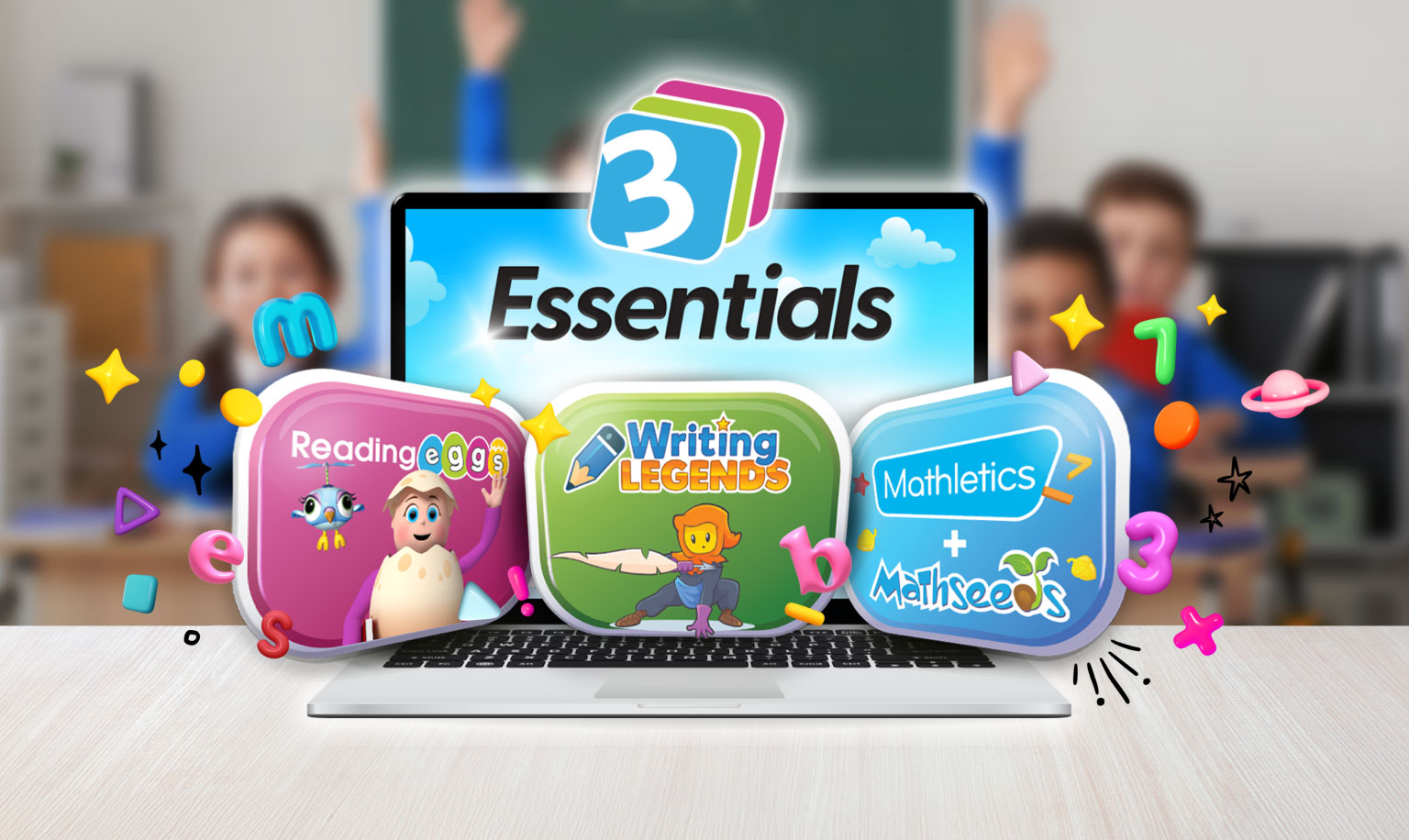
Mathematics is an empowering and endlessly useful subject, but it just never seems to click with some students.
Providing extra effort and support might see them achieve competency with a concept, but it’s back to square one again once you move onto a new unit of learning.
While every students’ needs and challenges are different, they normally come down to one of three roadblocks: mathematics anxiety, fixed mindset, and lack of deep understanding.
Here’s what you need to know about each of these roadblocks and the ways you can overcome them:
Mathematics anxiety
Mathematics anxiety can be broadly defined as a student feeling dread or fear connected to mathematics. It is closely related to test anxiety, but with mathematics as its specific trigger.
There are a few reasons why mathematics, as opposed to any other subject, gets its own psychologically acknowledged brand of anxiety.
These include:
Sociocultural stereotypes surrounding the subject: the lingering association of mathematics with males and certain cultures can make the subject daunting for students who do not identify as part of these groups.
Anxiety surrounding mathematics is socially accepted more than it is in relation to other subjects. It’s easy for students to have an open aversion to a subject that is often considered ‘nerdy’ and inaccessible for the average person.
Pressure on schools to promote STEM, not to mention the legendary status of big-name tech entrepreneurs, has led to mathematics becoming associated with above-average intelligence and professional success. It’s a lot for students to live up to.
What to look out for
- Students who are fearful when introduced to new mathematical content.
- Work avoidance (you might notice students are often ‘sick’ for scheduled mathematics assessments).
- Students who resist group work and try to ‘fly under the radar’ during lessons.
- Students who become teary or flustered when they don’t understand an activity or problem.
What you can do
Classroom-based intervention strategies that see you introduce new equipment or radically different pedagogical strategies aren’t always the best option when dealing with mathematics anxiety. These students have a hard-enough time confronting the content even when it’s clearly scaffolded and predictable.
Out of class intervention strategies are a preferable option for students struggling with anxiety. Send students home with regular, low-stakes activities following a set structure, and mathematics will start to feel safe and predictable. Alternatively, you could use an EdTech program for the same purpose and instruct them to complete a lesson or activity per day. In both cases, you also remove the classroom environment which often exacerbates the anxiety.
Carefully discuss the situation with the student and their parents as well. Parents will be able to assist their child with strategies for relaxation at home, and you can encourage them to slowly move past their fears.
Fixed mindset
What it is
A fixed mindset refers to the belief that one’s abilities are fixed regardless of any efforts to improve. In the classroom, this translates to students who give up easily or disengage under the impression that their efforts are worthless.
Unfortunately, the myth of a ‘mathematics brain’ means that mathematics is a common breeding ground for the fixed mindset. It’s not uncommon for adults to assume certain people are born better at mathematics than others, and students bring this same belief into the classroom. However, there is nothing to suggest that the actual capacity to ‘do’ mathematics relies on biological factors.
What to look out for
- Students who vocally proclaim that they’re “so bad” at mathematics, or similar statements.
- Students who are apathetic and hard to engage.
- Students who give up easily after they make a single mistake or have trouble understanding a concept.
- Students who show little interest in their progress or performance.
What you can do
Promote a growth mindset in the classroom. Reward progress and effort as opposed to mastery alone by celebrating student improvement and learning. You might have a weekly reward for students who set a new personal best result or complete the most activities on Mathletics. Show them that mathematics is a subject that rewards learning over performance.
Open-ended, explorative activities that invite trial and error also help students understand the importance of making mistakes in mathematics. Far from being a sign of failure, a wrong answer marks the first step in a learning journey.
Lack of deep understanding
Many students develop a surface level understanding of mathematical content without a deep knowledge of the underlying concepts. It’s enough for them to get the answers right in a predictable context, but they’re stuck once they are asked to transfer their knowledge to new concepts or novel applications.
What to look for
- Students who struggle with new content, even if it draws on already learned material.
- Students who say “we haven’t learned this/you didn’t teach us this” in response to creative variations of a given topic.
- Students who struggle with word problems.
- Students who rely on memory alone to assimilate content.
What you can do
Problem-solving and reasoning activities are the best way to get your students creatively applying and transferring their procedural skills to more challenging contexts.
For a problem to get students thinking deeply, it must:
- Be novel and contain an element of surprise.
- Encourage discussion and collaboration.
- Encourage “what if” questions.
- Require decision making.
- Be accessible for all students and extendable for those who need it.
Making problem-solving and reasoning a part of regular class activity takes the focus off the results and places it on the thinking that is so central to mathematics.

Give your students the support they need with our mathematics programs
Sources
Mathematics and Problem Solving – Generation Ready
Deconstructing Mathematics Anxiety – Acer
The nature, effects, and relief of mathematics anxiety – Hembree (1990)











